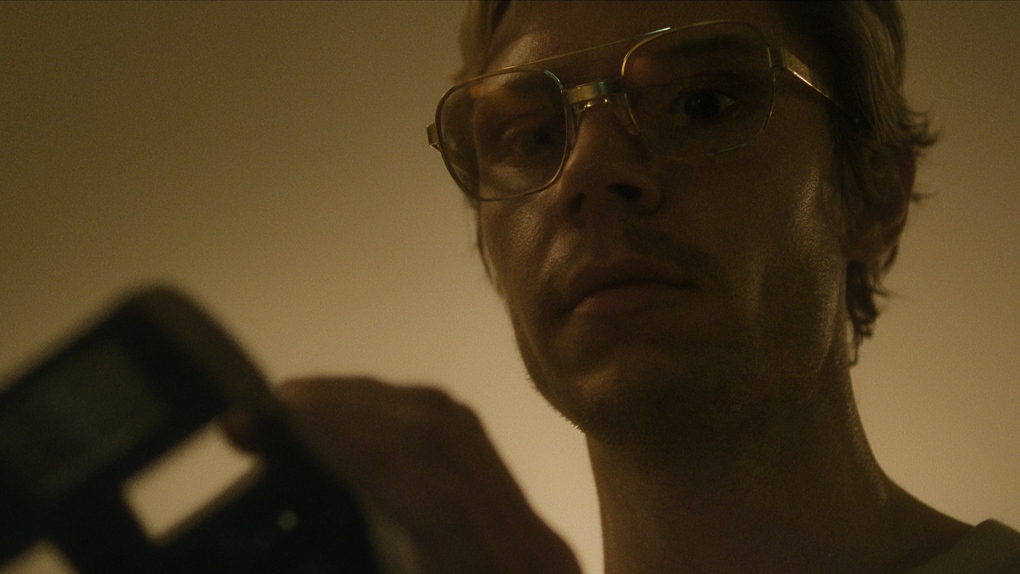
True crime sells, but fans are debating the ethics of their passion
CTV
For some people, relaxation looks like settling down with a nice glass of wine and the most graphic, disturbing tale of murder imaginable.
For some people, relaxation looks like settling down with a nice glass of wine and the most graphic, disturbing tale of murder imaginable.
True crime stories have always appealed to our baser natures. Now, the genre is practically a lifestyle, with endless docuseries, podcasts and investigations to binge and discuss over TikTok comments or the brunch table. An entire genre of lifestyle-slash-true-crime videos commands hundreds of thousands of followers on YouTube, where influencers do their makeup while casually discussing all manner of atrocities.
It's absurd, in a way, how something so dark has found such a hallowed place in the pantheon of pop culture. "Saturday Night Live" produced its own classic take on "murder shows," and TikTok is full of jokes about people appearing to peacefully go about their lives while the voice in their headphones drones on about cut-off arms and legs. True crime releases show no signs of slowing down, with recent streaming titles including "The Hatchet Wielding Hitchhiker" (Netflix) and "Death in the Dorms" (Hulu).
However, the boom in sordid tales of human woe has led some true crime enthusiasts to consider the ethical ramifications of their passion. After all, true crime is called "true" for a reason. At the heart of every new Netflix special or headline-making investigation is a victim and a family, to say nothing of the countless people whose involvement in these tragedies amounts to far more than entertainment. Is there an ethical way to be a true crime fan? And if there is, what's acceptable and what's not?
Bobbi Miller, an entertainment expert and host of the entertainment podcast "The Afternoon Special," has been leading conversations about ethical true crime consumption for years. She says she felt uncomfortable watching "Dahmer," the first installment of a Netflix true crime anthology series that focused on the notorious serial killer.
She felt even more uncomfortable watching the series explode in popularity despite widespread concerns among true crime watchers that the slickly produced series glamorized Jeffrey Dahmer and unfolded counter to the wishes of some of his victims' families. Evan Peters, who played the titular role, even won a Golden Globe for his portrayal, inviting further outcry from people affected by Dahmer's very real crimes.
"I do think true crime is unethical," she tells CNN. "It doesn't mean it's something that shouldn't exist. The line in the sand, for me, is whether a piece of media takes a fiction or non-fiction approach, in terms of sensationalizing the narrative or trying create appeal around a criminal."
